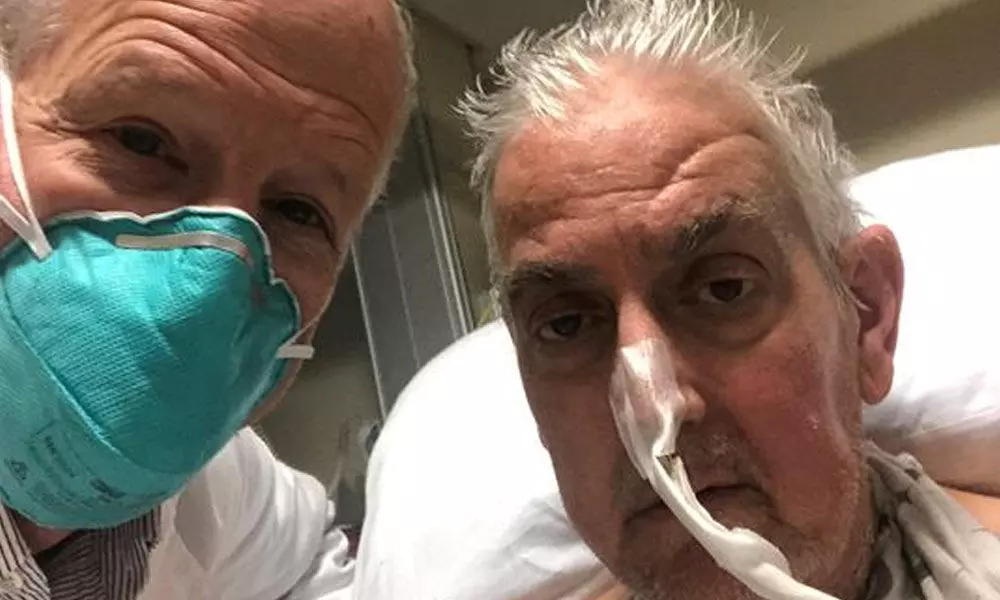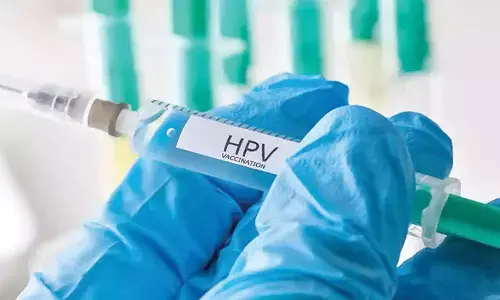Surgeons From US Successfully Transplanted Pig Heart Into Human Body

Surgeons From US Successfully Transplanted Pig Heart Into Human Body
- Doctors transplanted a pig heart into a patient for the very first time for the sake of saving his life, and the condition of the patient is stable for the three days after the experimental surgery took place.
- The transplant demonstrated that a heart from a genetically modified animal may function in the human body without rapid rejection, according to doctors at the University of Maryland Medical Center.
According to a Maryland hospital, doctors transplanted a pig heart into a patient for the very first time for the sake of saving his life, and the condition of the patient is stable for the three days after the experimental surgery took place.
As per the Maryland hospital, doctors transplanted a pig heart into a patient for the very first time for the sake of saving his life, and the condition of the patient is stable for the three days after the experimental surgery took place. Since it was too early to say whether the procedure will work, but it was an important step forward in the century's quest to one day use animal organs for life-saving transplants. The transplant demonstrated that a heart from a genetically modified animal may function in the human body without rapid rejection, according to doctors at the University of Maryland Medical Center.
Mr. Bennett was breathing on his own on Monday, despite the fact that he was still attached to a heart-lung machine to assist his new heart. The next three weeks will be crucial as Mr. Bennett recovers from surgery and physicians keep a close eye on his heart.Because there is a severe shortage of human organs available for transplant, scientists are attempting to find a way to use animal organs instead.
According to the United Network for Organ Sharing, which supervises the nation's transplant system, there were just over 3,800 heart transplants in the United States last year. The patient was recognized as David Bennett, a 57-year-old Maryland handyman, understood the operation and was also aware that he had no guarantee of success, but he was suffering and was ineligible for a human heart transplant, so he had no choice.
Dr. Muhammad Mohiuddin, scientific director of the Maryland university's animal-to-human transplant program remarked that if the experimental surgery succeeds, there would be an unlimited supply of these organs for people who are suffering. However, previous attempts at such transplants — referred to as xenotransplantation — have failed, due to the body's fast rejection of the animal organ. In 1984, a dying newborn named Baby Fae survived for 21 days with a baboon heart.
The exception this time was that the Maryland surgeons utilized a heart from a pig that had been gene-edited to eliminate sugar in its cells that causes the organ rejection to happen so quickly. Several biotech companies are working on pig organs for human transplantation; the one used in Friday's procedure came from Revivicor, a United Therapeutics subsidiary.
The procedure was approved by the Food and Drug Administration under a 'compassionate use'emergency authorization, which is accessible when a patient with a life-threatening condition has no other options.
Karen Maschke, a research scholar at the Hastings Center who is assisting in the development of ethics and policy recommendations for the first clinical trials under a grant from the National Institutes of Health, believes that sharing the data gathered from this transplant will be critical before it is expanded to more patients.
According to Dr. Bartley Griffith, who performed the procedure, the surgery, which took place last Friday at a Baltimore hospital, lasted seven hours. The patient's condition for heart failure and an erratic heartbeat made him incompatible for a human heart transplant or a heart pump. Before providing the option to Bennett, Dr. Griffith had transplanted pig hearts into around 50 baboons over the course of five years.









